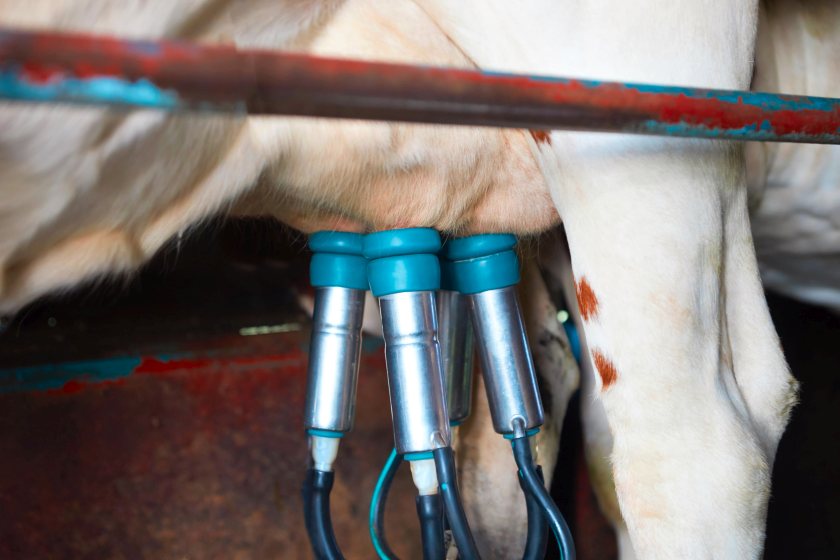
The H5N1 strain of avian influenza detected in cattle does not represent an increased threat to people, a new UK study has concluded.
First detected in milk samples collected from dairy cattle in Kansas and Texas in March 2024, the virus has since been further detected in cattle on 891 farms across sixteen states in the US.
The strain is thought to be predominantly transmitted through milking, and movement of infected animals or contaminated equipment between farms or states.
Now a new UK study of bird flu viruses in cattle shows that the H5N1 strain of the disease does not pose an increased threat to humans.
Researchers at the Pirbright Institute, which is located near Woking, compared cattle and goat H5N1 viruses with the dominant avian-origin strain in the UK.
Professor Munir Iqbal, researcher at the institute said: “We conducted a rapid risk profile of the receptor binding properties and fusion pH of ‘original’ dairy cattle, emerging mutations in dairy cattle, and goat H5N1 viruses.
“None of the tested viruses exhibited binding to the human receptor analogue... suggesting the currently circulating bovine H5N1 viruses are unlikely to be able to efficient transmit between humans.”
However, it remains to be determined whether further mutations will emerge if the virus continues to infect and spread amongst dairy cattle, with continuing opportunities to adapt to bovines.
Professor Iqbal added: “Addressing this question will contribute to a better understanding of the H5N1 virus and its adaptation in cattle.
“Continued surveillance and risk assessment of circulating H5N1 viruses remain a top priority to mitigate their potential impact on public health and the agricultural sector.”
It follows the first US death from avian influenza, reported in a man who had been in contact with infected birds in a backyard flock.
The man, who was older than 65 and from Louisiana, had been hospitalised with severe respiratory symptoms, state health officials said earlier this month.
It comes as the UK government recently confirmed it had prepared five million vaccine doses in case of an avian influenza pandemic this winter.
The vaccines would be used if the H5N1 strain spreads among humans, as part of preparations for any possible influenza pandemic.
There have been numerous cases of bird flu in backyard and commercial poultry since November 2024, mainly in Norfolk and East Yorkshire, where a mandatory housing order for poultry farmers and bird keepers is in force.
However, the UK Health Security Agency (UKHSA) said at this stage "there is no evidence of human-to-human transmission".
